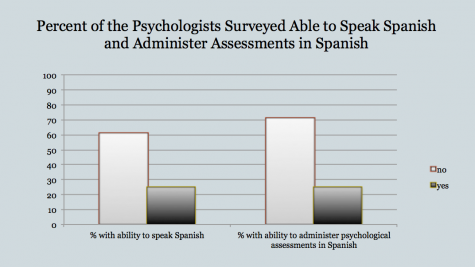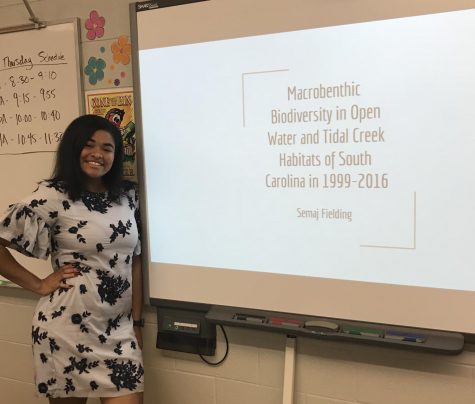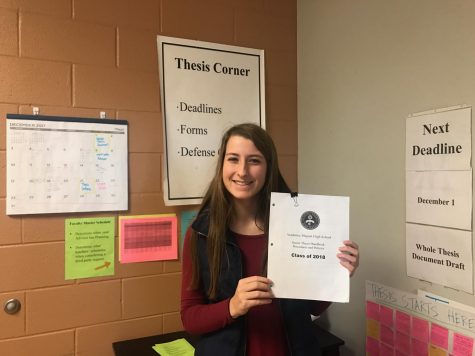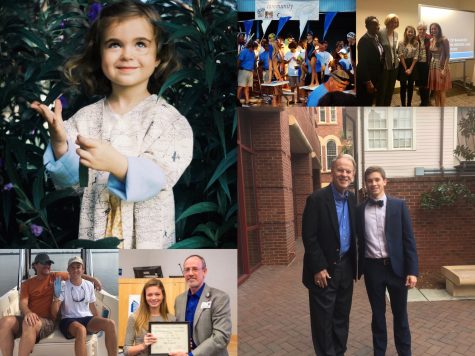Psychological Assessment for Spanish-speakers in SC: Maddy Carens’ Thesis
The United States now has more Spanish-speakers than Spain and is the second largest Spanish-speaking country after Mexico, according to a recent study by the prestigious Instituto Cervantes. The U.S. has a total Hispanic population of 55 million as of 2014 that increased by 1.15 million from 2013 to 2014 according to the U.S. Census Bureau.
Due to this increase in the Spanish language and her interest in psychology, for her thesis, Maddy Carens studied the availability of psychological assessments for Spanish-speaking students in South Carolina school districts. Hispanic youth have higher instances of PTSD and depression and therefore, have mental health needs that must be met. In order to determine if SC school districts are well-equipped to provide psychological assessments for Spanish-speaking children in their district, Maddy sent out surveys to 81 district psychologists. The survey questioned whether or not the psychologists spoke Spanish and could administer psychological assessments in Spanish, what materials they used in their assessment of Spanish speakers, and whether or not the psychologists felt that they themselves and their districts were prepared to provide psychological assessment to Spanish speakers.

Of the psychologists that completed the survey, 61% could not speak Spanish and 71% could not administer psychological assessments in Spanish. The majority of them did not feel that they themselves were equipped or that their district was equipped to provide psychological assessment to Spanish-speaking students. Also, of the districts that could provide psychological assessment, very few had the materials and staff to provide therapy for Spanish-speakers. This could be because a fluent Spanish-speaking psychologist is needed to provide therapy to a Spanish-speaking student. Therefore, increasing the number of bilingual psychologists or requiring psychologists to learn Spanish would be an ideal fix for this problem. Overall, Maddy concluded that as the Hispanic population in South Carolina and the United States rises, it will become more and more necessary to provide equal healthcare for Spanish and English speakers.














